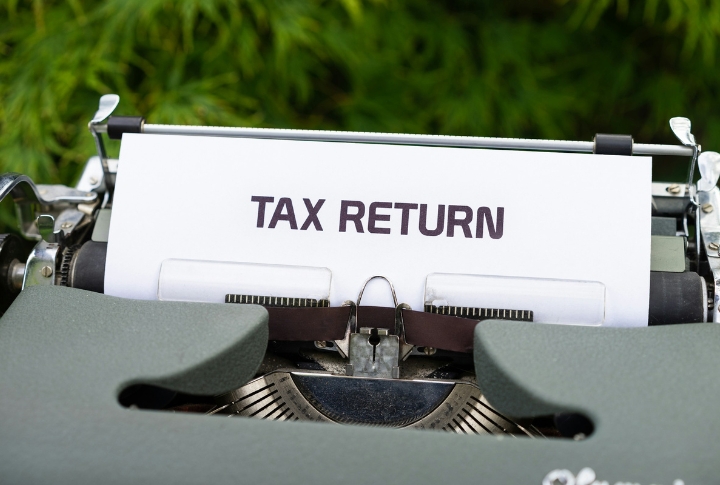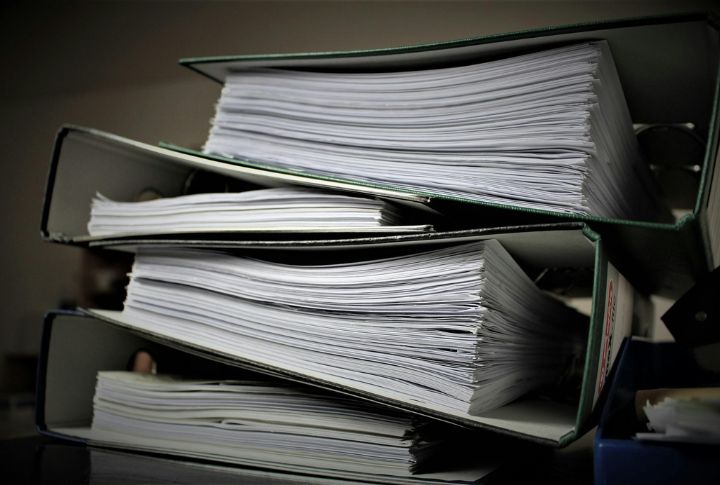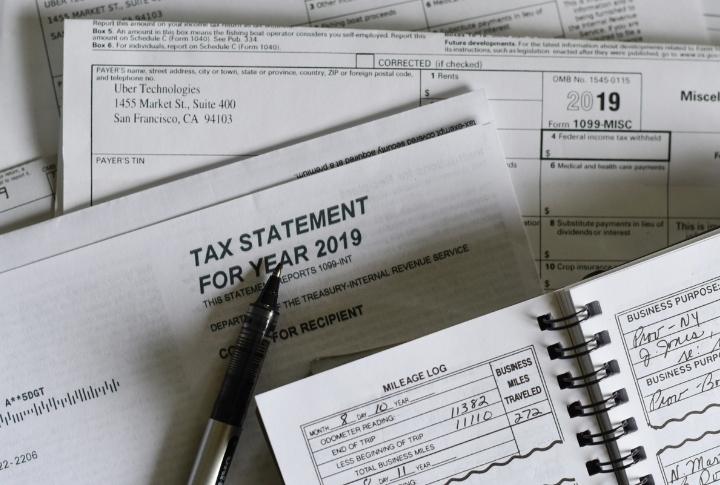
What if holding onto old tax documents is doing more harm than good to you? While most people assume longer is safer, the truth is more nuanced, and surprisingly practical. Knowing the right time to let go of tax paperwork helps you stay organized and make smarter financial decisions. Read on to discover the innovative, stress-free way to manage your tax paperwork.
Keep Tax Returns For At Least 3 Years

Many taxpayers wonder how long they should keep records related to their tax returns. The Internal Revenue Service (IRS) maintains a 3-year window during which it may audit your return or allow you to submit an amendment. This period typically covers most routine errors or omissions and offers both filers and the IRS sufficient time for review.
Keep Property-Related Tax Records Until You Sell

If you plan to sell a property or investment, be sure to retain all related documents until the sale is finalized and for at least 3 years afterward. These documents help you figure out your cost basis, calculate capital gains, and back up any deductions you claim. Discarding these too soon could, unfortunately, lead to higher tax liabilities.
Hold Records For 7 Years If You Claimed A Loss From Bad Debt

Have you ever considered how long to keep records for investment losses? The IRS allows up to seven years to examine claims tied to bad debts or worthless securities. This extended limit serves as a safeguard against potential fraud or misreporting, a critical detail often overlooked by even seasoned investors.
Maintain Retirement Account Records Until All Funds Are Withdrawn

Securing your financial future requires careful record-keeping, particularly true for retirement plans like 401(k)s and IRAs. Hold onto all documentation until the entire account is distributed and the tax implications are completely settled. Maintaining proof of after-tax contributions is essential; without it, you risk unnecessary double taxation and potentially overpaying.
Keep Education Credit Records For 3–4 Years

If you’ve claimed education tax credits, like the American Opportunity or Lifetime Learning Credit, documentation is key. Ensure you save all supporting materials, including tuition receipts and 1098-T forms, for three to four years. The IRS frequently scrutinizes these benefits, and a lack of proper records has led to numerous denied claims.
Keep Records Indefinitely If You Didn’t File A Return

Imagine the surprise of an unexpected tax bill decades later. If a tax return was never submitted, the IRS imposes no statute of limitations. This means you remain legally exposed until the return is officially filed. The common misconception that the IRS eventually “forgets” such omissions can lead to significant future complications
Business Owners Should Retain Records For 3 Years

For entrepreneurs, diligent record retention is a cornerstone of sound financial practice. Business deductions, declared losses, and reported income often undergo closer scrutiny during audits. Maintaining a three-year record span offers strong support for surviving IRS reviews and even facilitates loan verifications, though lenders might occasionally ask for older files.
Hold Medical Expense Records For 3 Years After Filing

If you itemized medical expenses on your last tax return, it’s wise to keep all supporting proof for at least three years after filing. These records are critical for validating your Schedule A claims if the IRS decides to review them. Given that medical deductions can frequently trigger flags, proper documentation is a wise safeguard.
Hold Onto Tax Records For 6 Years If You Underreport Income

It might seem daunting, but underreporting income by over 25% can significantly extend the audit period. The IRS gains the authority to audit up to six years back, even if the discrepancy was entirely unintentional. This rule often surprises taxpayers, highlighting the importance of meticulous income declaration.
Keep Employment Tax Records For 4 Years

For businesses managing payroll, understanding record retention is essential. Companies must hold onto employment tax documents for four years following the due date or payment of taxes. This ensures compliance with Social Security, Medicare, and FUTA tax regulations. Even after closing, businesses are still obligated to maintain these records.
